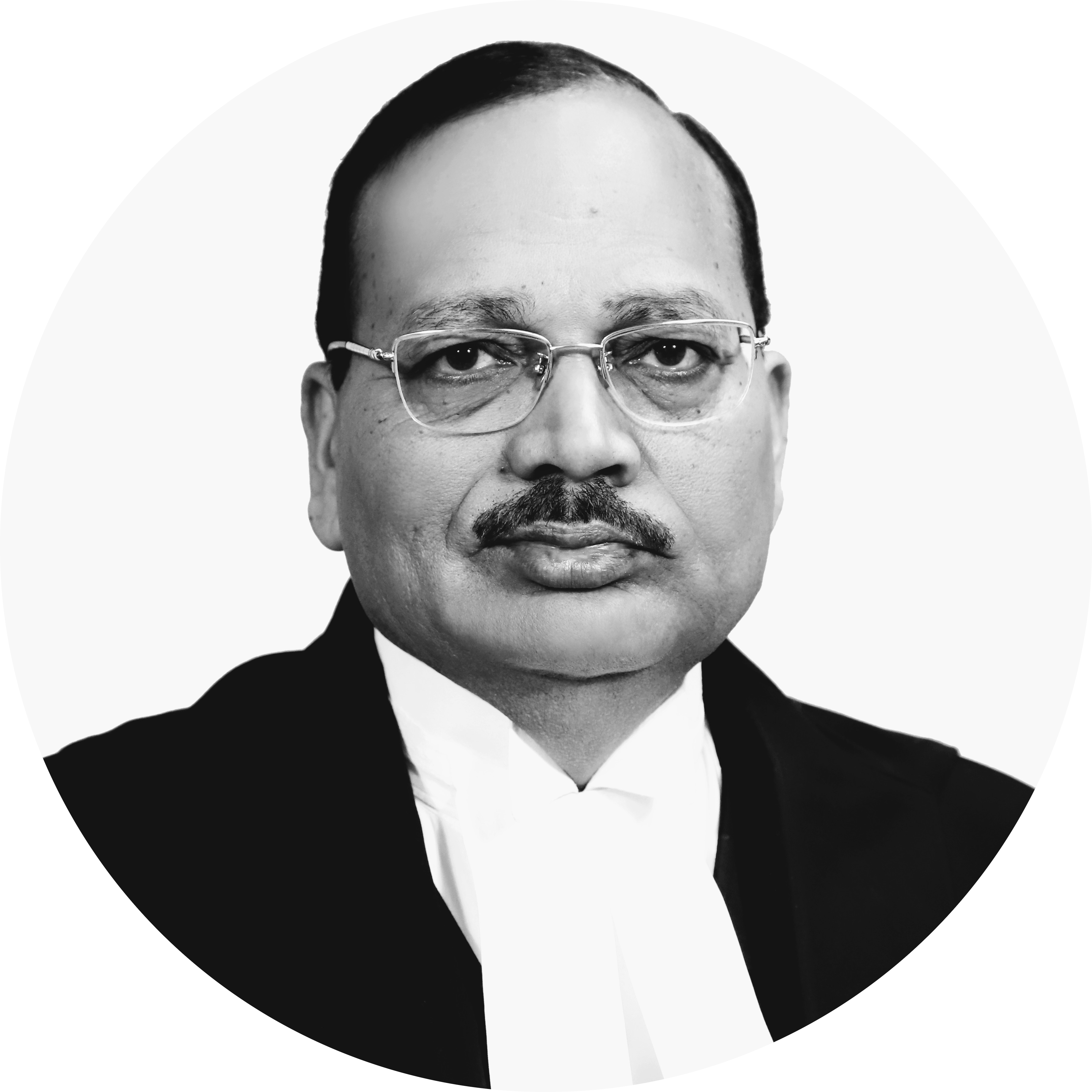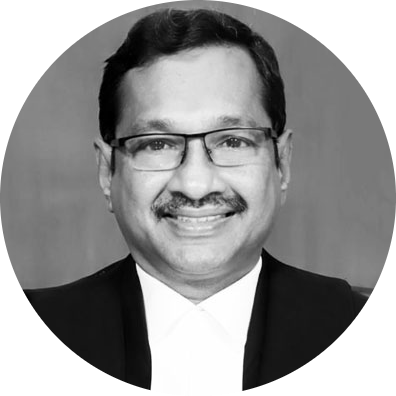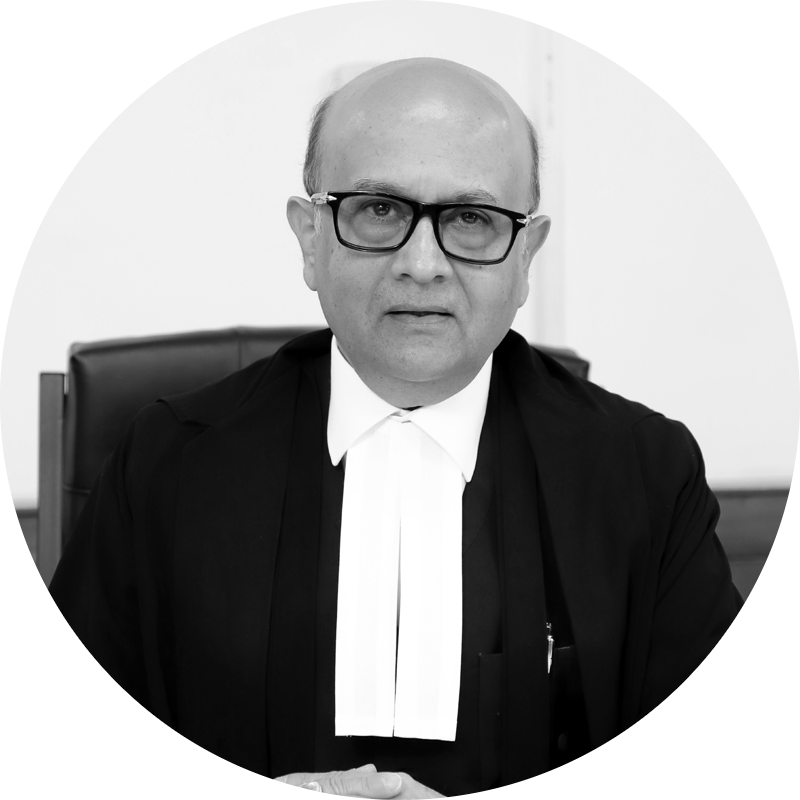Validity of Section 6A of the Citizenship Act, 1955 (Assam Accord)
In re: Section 6A of the Citizenship Act, 1955
Citation: 2024 INSC 789
The Supreme Court upheld the validity of Section 6A of the Citizenship Act which grants citizenship to Bangladeshi immigrants who entered Assam before March 1971.
Decided
Parties
Petitioner: Assam Public Works
Lawyers: Mukul Kumar
Respondent : Union of India; State of Assam; Election Commission of India; Asom Gana Parishad; Citizens Rights Preservation Committee; Dr. Himanta Biswa Sharma
Lawyers: Abhijit Sengupta; Mohan Pandey; Madhumita Bhattacharjee; Fuzail; Ahmad Ayyubi; Guntur Prabhakar
Intervenor :
Lawyers: Mr Mansoor Ali; Mr Fuzail Ahmad Ayyubi; Ms Aparna Bhat; Mr Somesh Chandra; Mr Ankit Yadav
Case Details
Case Number: WP (C) 274/2009
Next Hearing: October 17, 2024
Last Updated: July 8, 2025
TAGS: Article 14, Assam, Child Rights, Citizenship, Immigration, NRC, Right to Life
Key Issues
Does Section 6A of the Act grant citizenship arbitrarily?
Does Section 6A of the Act dilute the political rights of Assamese citizens?
Does Section 6A of the Act violate the Right to Equality under Article 14?
Can a large number of migrants who have enjoyed citizenship rights for over 40 years be granted relief in the present case?
Can the Immigrants (Expulsion from Assam) Act, 1950, solely apply to immigrants to Assam while excluding the general Foreigners Act and the Foreigners (Tribunals) Order, 1964?
Does Section 6A of the Act violate the Rule of Law since it gives way to political expediency and not to the Government?
Case Description
The National Register for Citizens (NRC) is a list of Indian citizens containing all necessary information for their identification. An NRC was first formulated following the 1951 national census. While the Central government has indicated its intent to extend the NRC across India, Assam is the first and only state to update it.
The Assam NRC is meant to identify illegal immigrants in the State who migrated from Bangladesh after March 24th, 1971, following the war with Pakistan. Citizens widely protested the migration as a part of the ‘Assam Movement’ against undocumented immigrants, led by the All Assam Students Union and the All Assam Gana Sangram Parishad. They claimed they lost their jobs due to the influx of illegal immigrants into the state.
In 1985, the Indian government and the representatives of the Assam Movement negotiated and drafted the Assam Accord in New Delhi. The Accord created three categories of immigrants:
- Persons who came to Assam before January 1st, 1966. These persons were considered Indian citizens and were allowed to vote.
- Persons who came to Assam after January 1st, 1966, but before March 24th, 1971. These persons were considered Indian citizens, but would not be allowed to vote for a period of 10 years following the date of their detection as Indian citizens.
- Persons who came to Assam on or after March 25th, 1971. These persons were considered illegal immigrants and were to be expelled from India.
The NRC exercise in Assam was carried out under Section 6A of the Citizenship Act, 1955 (the Act) and the rules framed in the Assam Accord (1985). Section 6A of the Act was introduced to give effect to the Assam Accord. It provides the framework to recognise migrants in Assam as Indian citizens or to expel them based on the date of their migration.
In 2013, the Supreme Court directed the State of Assam to update the NRC. The process was closely monitored by a 2-Judge Bench, comprising then CJI Ranjan Gogoi and Justice Rohinton Nariman. They ensured that the NRC exercise complied with the Citizenship Act, 1955, and the Citizenship (Registration of Citizens and the Issue of National Identity Card Rules), 2003.
On July 21st, 2015, the Bench referred the case along with 13 questions to a 5-Judge Constitution Bench. These questions were framed in a 2014 decision of the SC in a similar petition.
On July 30th, 2018, the final draft of the Assam NRC was released. 40.07 lakh applicants out of 3.29 crores were excluded from NRC list. This created uncertainty about their citizenship status. On the very next day, the Supreme Court held that this was merely a draft NRC and no action could be taken based on it.
On August 31st, 2019, the final NRC list was published. Of the 3.3 crore applicants, 19 lakh persons were excluded. Some of the excluded individuals were family members of former president Fakhruddin Ali Ahmed, as well as children whose parents were included in the final NRC list.
On January 6th, 2020, Attorney General K.K. Venugopal clarified that children, whose parents were granted citizenship through the NRC, would not be separated from their parents or sent to a detention centre.
On August 24th, 2022, the Supreme Court announced that it would hear 25 Constitution Bench cases including the challenge to the validity of Section 6A of the Citizenship Act, 1955.
On September 7th, 2022, a 5-Judge Constitution Bench comprising Justices D.Y. Chandrachud, M.R. Shah, Krishna Murari, Hima Kohli, and P.S. Narasimha listed the matter to be heard on November 1st, 2022.
On 21 September 2023, a 5-Judge Constitution Bench comprising Chief Justice D.Y. Chandrachud with Justices A.S. Bopanna, M.M. Sundresh, J.B. Pardiwala, and Manoj Misra scheduled the matter to be heard on 17 October 2023.
On 12 October 2023, the Supreme Court rescheduled the hearings for 7 November 2023
On 7 November 2023, on the request of petitioners and respondents, the matter was rescheduled to 5 December 2023.
On 12 December 2023, the five-judge bench reserved judgement in the case after four days of hearings.
On 17 October 2024, the Supreme Court upheld the constitutionality of Section 6A in a 4:1 majority. The sole dissent authored by Justice Pardiwala held that the provision was unconstitutional due to the passage of time.





